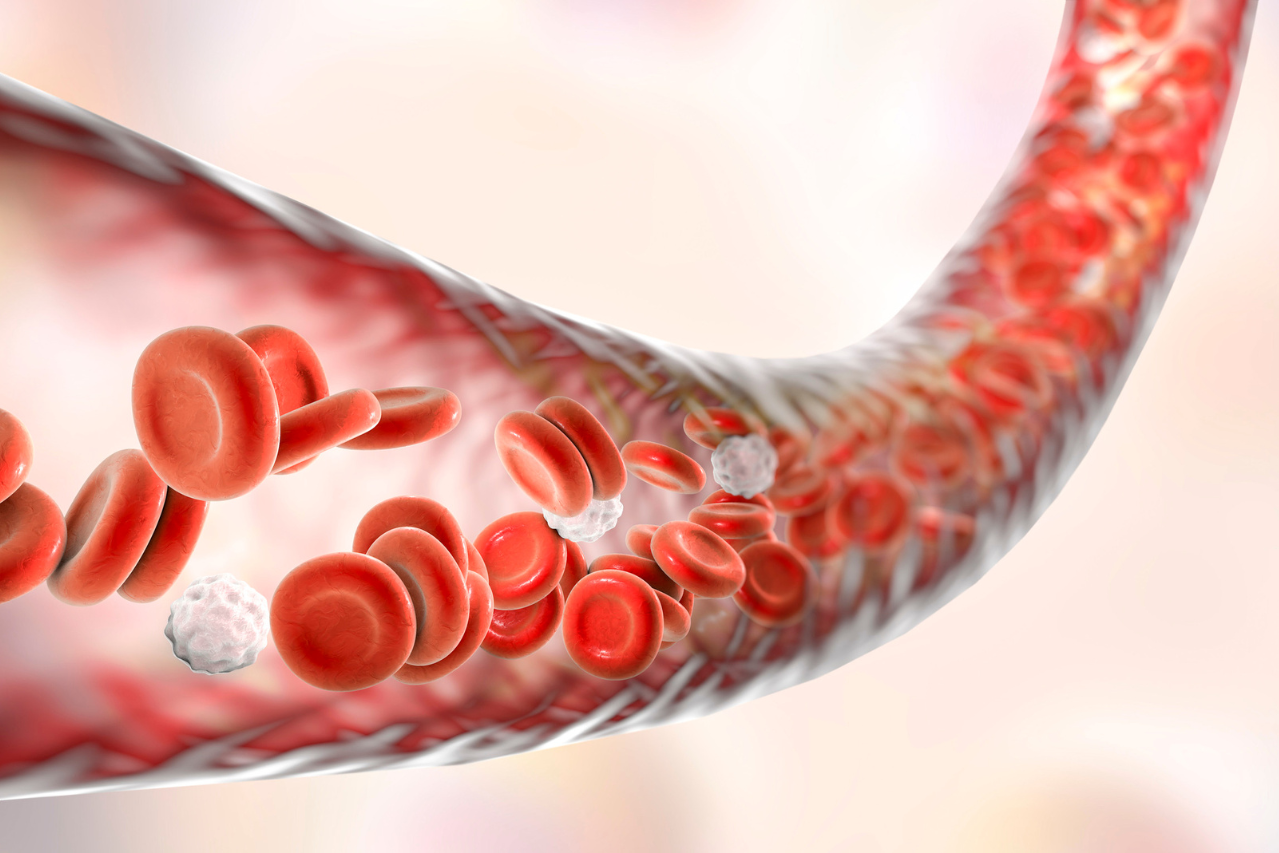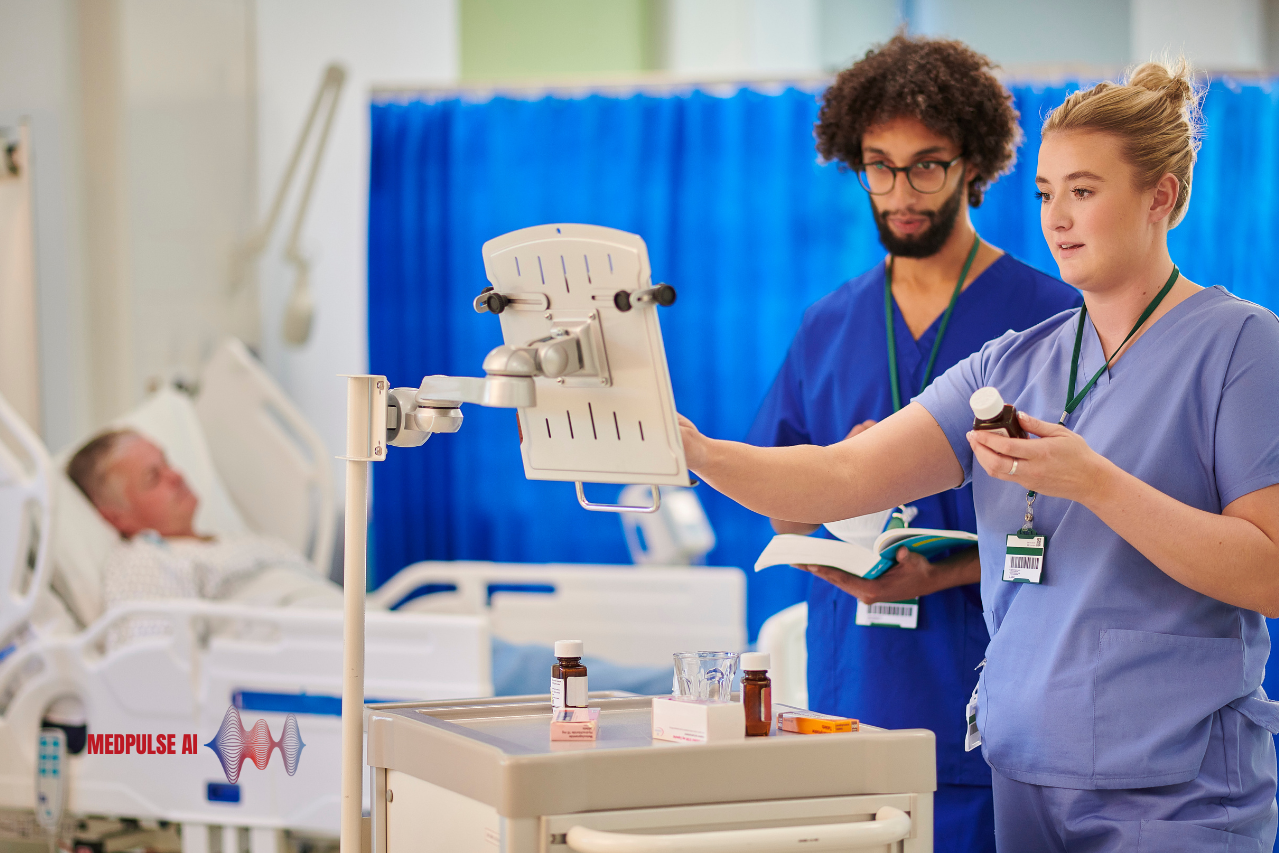Artificial Intelligence (AI) is revolutionizing the field of liquid biopsies, offering a non-invasive and highly accurate approach to detecting cancer and monitoring its progression. Unlike traditional tissue biopsies, which require invasive procedures to extract samples from tumors, liquid biopsies analyze circulating tumor DNA (ctDNA) or other cancer-related biomarkers in the blood.
AI has the potential to enhance the accuracy and sensitivity of liquid biopsies by rapidly processing and analyzing complex genetic and molecular data, allowing for early detection of cancer, monitoring of treatment responses, and prediction of potential relapses. This breakthrough technology provides clinicians with real-time insights, enabling more personalized and timely interventions, making AI in liquid biopsies a powerful tool in precision oncology.
Traditional vs. Liquid Biopsies:
Traditional tissue biopsies, while effective, are invasive procedures that can be uncomfortable for patients and carry risks such as infection or bleeding. Additionally, in certain cancers, particularly in advanced stages, obtaining a tissue biopsy may be difficult due to the location or size of the tumor. Liquid biopsies offer a less invasive alternative by analyzing blood samples for circulating tumor DNA (ctDNA) or other biomarkers associated with cancer.
Liquid biopsies are increasingly being used to detect cancer at early stages, monitor tumor progression, and evaluate treatment response. However, analyzing the complex data generated by liquid biopsies—especially in cases where ctDNA levels are low—can be challenging. AI is playing a key role in enhancing the accuracy of liquid biopsy analysis by identifying genetic mutations and abnormal protein markers associated with cancer.
AI-Driven Liquid Biopsies:
AI algorithms can process the large datasets generated by liquid biopsies and detect minute traces of ctDNA or other cancer-related biomarkers. These AI models are trained to recognize genetic mutations or patterns in the blood that are associated with specific cancers, enabling earlier detection and more accurate monitoring of the disease.
For example, Guardant Health, a pioneer in liquid biopsy technology, uses AI-powered systems to analyze blood samples for genetic mutations linked to various cancers, including head and neck cancers. Guardant Health’s AI platform can detect ctDNA at very low concentrations, providing early signals of cancer recurrence or progression even before a tumor is visible on imaging. A study published in Nature Medicine found that AI-driven liquid biopsies were highly sensitive in detecting early-stage cancers, offering a promising non-invasive alternative to traditional biopsies .
In cases where head and neck cancers are difficult to access through traditional biopsies due to the location or size of the tumor, AI-powered liquid biopsies provide a valuable alternative for early detection and ongoing monitoring. By analyzing ctDNA and other biomarkers, AI helps oncologists detect the presence of cancer, assess treatment response, and monitor for recurrence—all without the need for repeated invasive procedures.
AI in Personalized Monitoring with Liquid Biopsies:
AI-driven liquid biopsies can also help personalize cancer monitoring by tracking specific genetic mutations associated with a patient’s cancer. For example, AI models can detect changes in ctDNA over time, allowing clinicians to monitor how the tumor is evolving and whether it is developing resistance to certain therapies. This information enables oncologists to adjust treatment strategies in real-time, ensuring that patients receive the most effective therapies based on their tumor’s genetic profile.
A study published in JCO Precision Oncology demonstrated that AI-driven liquid biopsies could predict treatment response in patients with head and neck cancers by analyzing changes in ctDNA levels. Patients whose ctDNA levels dropped after treatment were more likely to have a favorable outcome, while those with persistent ctDNA were at higher risk of recurrence. By providing real-time insights into treatment efficacy, AI-powered liquid biopsies enable oncologists to tailor their approach to each patient’s unique disease progression.
Future Directions and Challenges
While AI has shown tremendous potential in enhancing biopsy accuracy, there are still challenges to overcome in fully integrating AI into clinical practice. One of the main challenges is ensuring that AI algorithms are trained on diverse and representative datasets. Variations in tissue samples, genetic mutations, and patient demographics can impact how AI models interpret biopsy data. Ensuring that AI systems are trained on diverse datasets will help prevent biases and improve the accuracy of AI-driven diagnoses across different populations.
Another challenge is the need for regulatory approval and validation of AI systems in clinical settings. While many AI platforms have demonstrated high accuracy in research studies, translating these results into real-world clinical practice requires rigorous testing and validation. Regulatory bodies, such as the U.S. Food and Drug Administration (FDA), are beginning to establish frameworks for approving AI-driven medical devices, but widespread adoption will require continued collaboration between researchers, clinicians, and regulatory authorities.
AI is revolutionizing the way biopsies are analyzed, offering significant improvements in accuracy, speed, and diagnostic reliability. By automating the analysis of tissue samples and detecting subtle cancerous changes, AI is helping pathologists identify malignancies earlier and more consistently. In addition to traditional biopsy analysis, AI is enhancing the accuracy of liquid biopsies, providing a non-invasive alternative for early cancer detection and monitoring.
AI-driven pathology systems like PathAI are already demonstrating their ability to improve biopsy accuracy, while liquid biopsy platforms such as Guardant Health are offering new possibilities for personalized cancer care. As AI technology continues to evolve, its role in enhancing biopsy accuracy will expand, helping clinicians detect cancers earlier, tailor treatment strategies more effectively, and improve patient outcomes.
The introduction on AI in liquid biopsies is supported by research from several key studies, including:
- Liquid Biopsy in Cancer Management: Technological Advances and Clinical Applications” – Nature Reviews Clinical Oncology, 2020, which discusses the advancements in AI for analyzing circulating tumor DNA and its clinical implications for cancer detection and monitoring.
- Artificial Intelligence and Liquid Biopsies for Cancer Detection and Monitoring: Current Status and Future Perspectives” – Nature Medicine, 2019, highlighting the role of AI in enhancing the accuracy of liquid biopsies and its potential in oncology.
- AI-Driven Liquid Biopsies in Oncology: Revolutionizing Cancer Detection – Journal of Clinical Oncology Precision Oncology, 2021, where the integration of AI and liquid biopsies is explored as a cutting-edge approach for early cancer detection and monitoring treatment efficacy.




